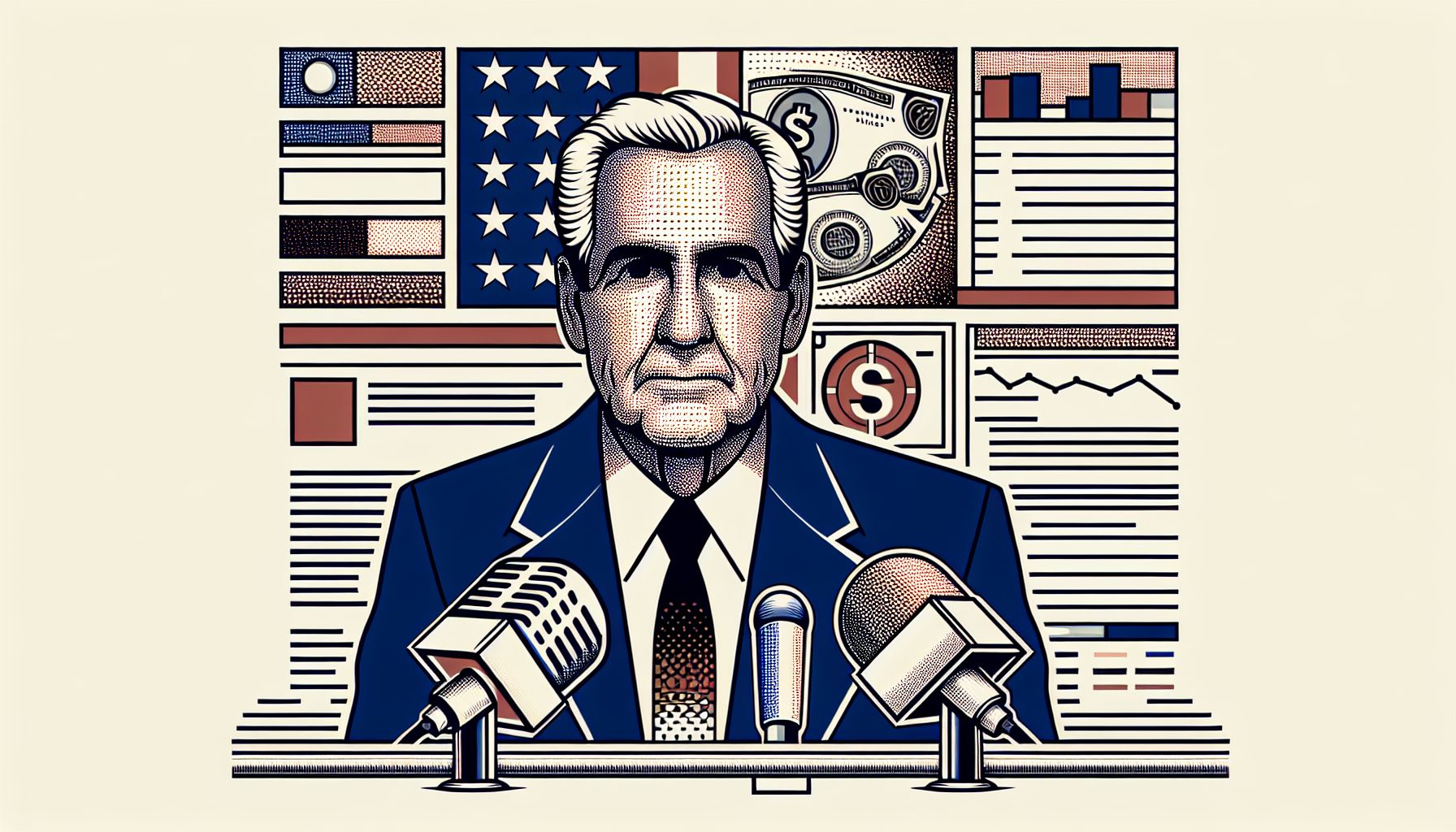Veteran Anchor Chris Wallace Exits CNN for Independent Media Ventures

New York, Tuesday, 12 November 2024.
Chris Wallace, 77, is leaving CNN after three years to explore streaming and podcasting opportunities. His departure signals a shift in media trends, as established journalists increasingly move towards independent digital platforms, following figures like Joe Rogan and Charlamagne tha God.
A New Chapter in Wallace’s Illustrious Career
Chris Wallace’s decision to leave CNN marks a significant turning point in his extensive career spanning over five decades. Known for his incisive interviews and political commentary, Wallace has been a stalwart in the news industry, having worked with major networks like Fox News, ABC, and NBC. His shift towards independent media ventures echoes a broader trend where seasoned journalists are seeking more control over their content and the freedom that digital platforms offer.
The Appeal of Digital Media
Wallace’s move comes at a time when traditional media is grappling with declining viewership and the rapid rise of digital content consumption. As noted by Wallace himself, platforms like podcasts and streaming services are where ‘the action seems to be.’ This sentiment is reflected in the success stories of personalities like Joe Rogan, whose interviews attract millions of views, indicating a growing audience preference for unfiltered and direct content delivery[1].
Financial Considerations and Industry Shifts
Reports suggest that Wallace was ‘irked’ by a proposed salary cut from his reported $8 million annual salary at CNN, which perhaps accelerated his departure[2]. As networks like MSNBC surpass CNN in ratings, there is mounting pressure on traditional outlets to adapt to the digital age. Wallace’s exit might also free up resources for CNN to invest in new digital initiatives aimed at capturing a younger audience, aligning with CEO Mark Thompson’s vision for developing consumer advice and health content[3].
Implications for the Future of News Media
Wallace’s transition underscores a pivotal moment in news media, where the line between traditional journalism and new media continues to blur. His venture into streaming and podcasting not only highlights his adaptability but also points to a future where journalists can engage directly with their audience without the constraints of traditional broadcasting models. This shift is likely to inspire other prominent figures in the industry to explore similar paths, potentially transforming how news is consumed and delivered in the coming years[4].